África/Sudáfrica/Octubre de 2016/Autor: Tammy Petersen/Fuente: News 24
RESUMEN: Dos décadas de escasez crónica en el sector de la educación superior deben ser abordados de inmediato por los que están en los más altos niveles de gobierno, dijo el Consejo de la Universidad de Witwatersrand el viernes. Ha abogado por el instituyente urgente de una reunión multidisciplinaria, de deliberación para explorar las opciones de financiación sostenible para la educación superior de manera que ningún estudiante se excluya financieramente, asi como el establecimiento de plazos y etapas claro, los recursos necesarios y la capacidad de los gobiernos para asegurar que el trabajo requerido sea llevado a cabo de manera expedita. «El sector de la educación superior en África del Sur está en crisis con las protestas estudiantiles en curso que provocan la interrupción y destrucción. El enfoque de estas protestas es el elevado precio de los enseñanza superior, que está restringiendo el acceso de un número significativo de estudiantes», dijo el consejo en un comunicado .
Two decades of chronic underfunding in the higher education sector need to be addressed immediately by those at the highest levels of government, the council of the University of the Witwatersrand said on Friday.
It has called for the urgent instituting of a multi-disciplinary, deliberative gathering to explore sustainable funding options for higher education so that no student is financially excluded; the establishment of clear time frames and milestones; and the necessary resources and capacity from government to ensure that the required work is undertaken expeditiously.
«The higher education sector in South Africa is in turmoil with ongoing student protests causing widespread disruptions and destruction. The focus of these protests is the unaffordability of higher education which is restricting access for a significant number of students,» the council said in a statement.
«Access to higher education should not be the preserve of those who can afford it. At the same time, we cannot allow deterioration in quality. It is for this reason that the council…recently joined most other constituencies at the university in openly declaring its support to work towards the goal of free, fully-funded, quality, decolonised higher education.»
The council said this aim should be «considered within the broader context of the pervasive poverty, unemployment and inequality in our country».
«If one examines this context, it is clear that universities cannot be expected to achieve the goal of free, fully-funded, quality, decolonised higher education in isolation from other stakeholders, particularly government.»
Research funding
It was «deeply distressed» by the proposed short-term funding levels, the council said.
«Our universities are a significant national priority. They are the only institutions that are capable of producing the high-level skills that are required to advance innovation, tackle the challenges of the 21st century, and safeguard South Africa’s economy and its future.
«We are particularly distressed by the proposed funding for research-intensive universities, which we believe for a university like Wits will be 4% less than inflation next year. Our country needs high levels of investment in top-end research to create new knowledge that is relevant to society and that will enable us to participate in the global knowledge economy. This is also critical to enabling our universities to promote indigenous knowledge and its inclusion in curricula.»
It said universities were at risk of losing academic talent to the private sector and other countries if they could not be paid adequately or work in an environment that is conducive to learning, teaching and research.
«The fact that numerous universities are unable to continue with the 2016 academic programme has immense consequences for the country. The unfortunate, but necessary and unavoidable presence of police and private security is a further tragedy. For these and many other reasons, it is imperative for stability to return to the sector.»
The situation is a national crisis and requires the president and his office to lead in finding resolutions, the council said.
Sustainable solutions
«The inclusion of the National Treasury in the ministerial task team is an important step in the right direction, but we believe that the president should be at the forefront of exploring options for the sustainable funding of higher education.
«We also call on all relevant stakeholders, including Parliament, the private sector, civil society and others to join our request that public universities be adequately funded. We call on genuine student leadership to come forward and demonstrate real commitment to finding sustainable solutions.»
Violent protests have been playing out at Wits, as well as at other universities across the country.
Students in September began protesting over free education after Higher Education and Training Minister Blade Nzimande announced that tertiary institutions could raise fees, but by no more than 8%.
In his medium term budget policy statement on Wednesday, Finance Minister Pravin Gordhan said an extra R17.6bn is needed over the medium term to fund South Africa’s higher education system.
Government will draw from the contingency reserve to make funds available from existing budgets.
Government to fund increase for some students
A portion of the resources to support university students will be found elsewhere from within the post-school education system.
University subsidies will grow at an annual average rate of 10.9% over the next three years, while allocations to the National Student Financial Aid Scheme (Nsfas) will be increased at 18.5% providing support to underfunded university students.
In the 2016 budget, R5.6bn was added to university subsidies to fund the shortfall caused by there not being an increase in fees for the 2016 academic year, Gordhan said.
In the same budget, Nsfas received additional funding of R10.6bn over the 2016 medium-term expenditure framework period.
Of this amount, R2.5bn was allocated in the current year for short-term debt relief for 71 753 unfunded or inadequately funded students who were at universities in the 2013, 2014 and 2015 academic years.
The remaining R8bn was for unfunded new and continuing students for the 2016 academic year and beyond.
In the 2017 medium-expenditure framework, government will fund the increase in fees at higher education institutions for the 2017 academic year, up to a maximum of 8% for students from households earning up to R600 000 per year, Gordhan said, while top-ups will also be made to Nsfas.
Fuente: http://www.news24.com/SouthAfrica/News/underfunding-of-universities-needs-presidential-attention-wits-council-2016102
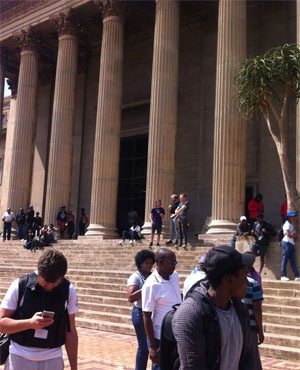
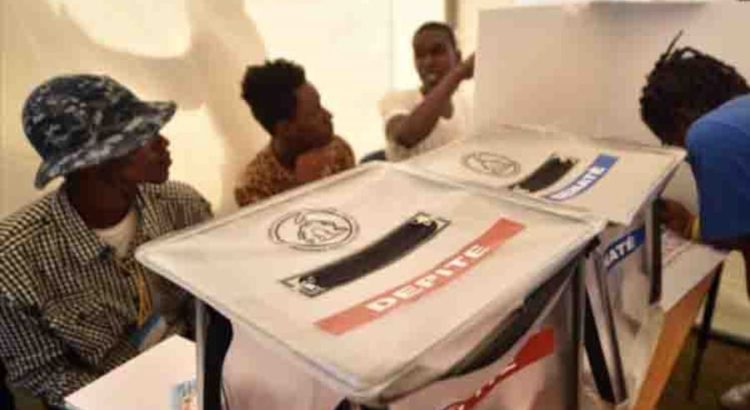
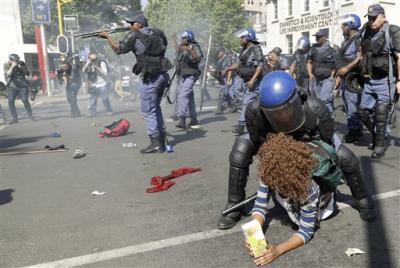

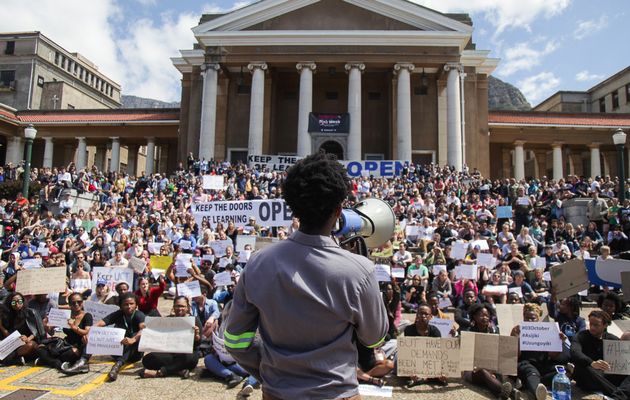
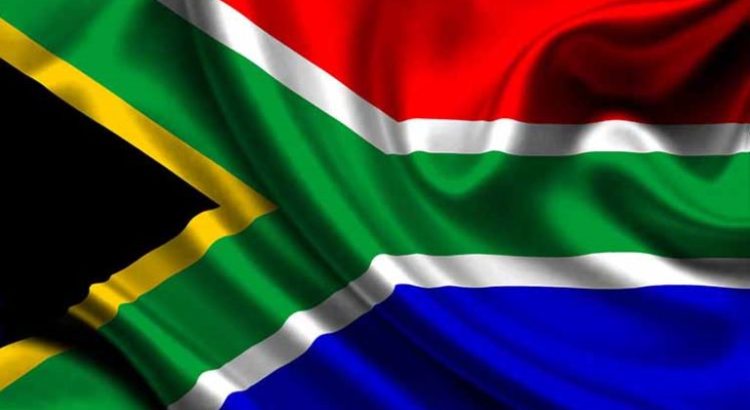







 Users Today : 51
Users Today : 51 Total Users : 35460068
Total Users : 35460068 Views Today : 68
Views Today : 68 Total views : 3418699
Total views : 3418699